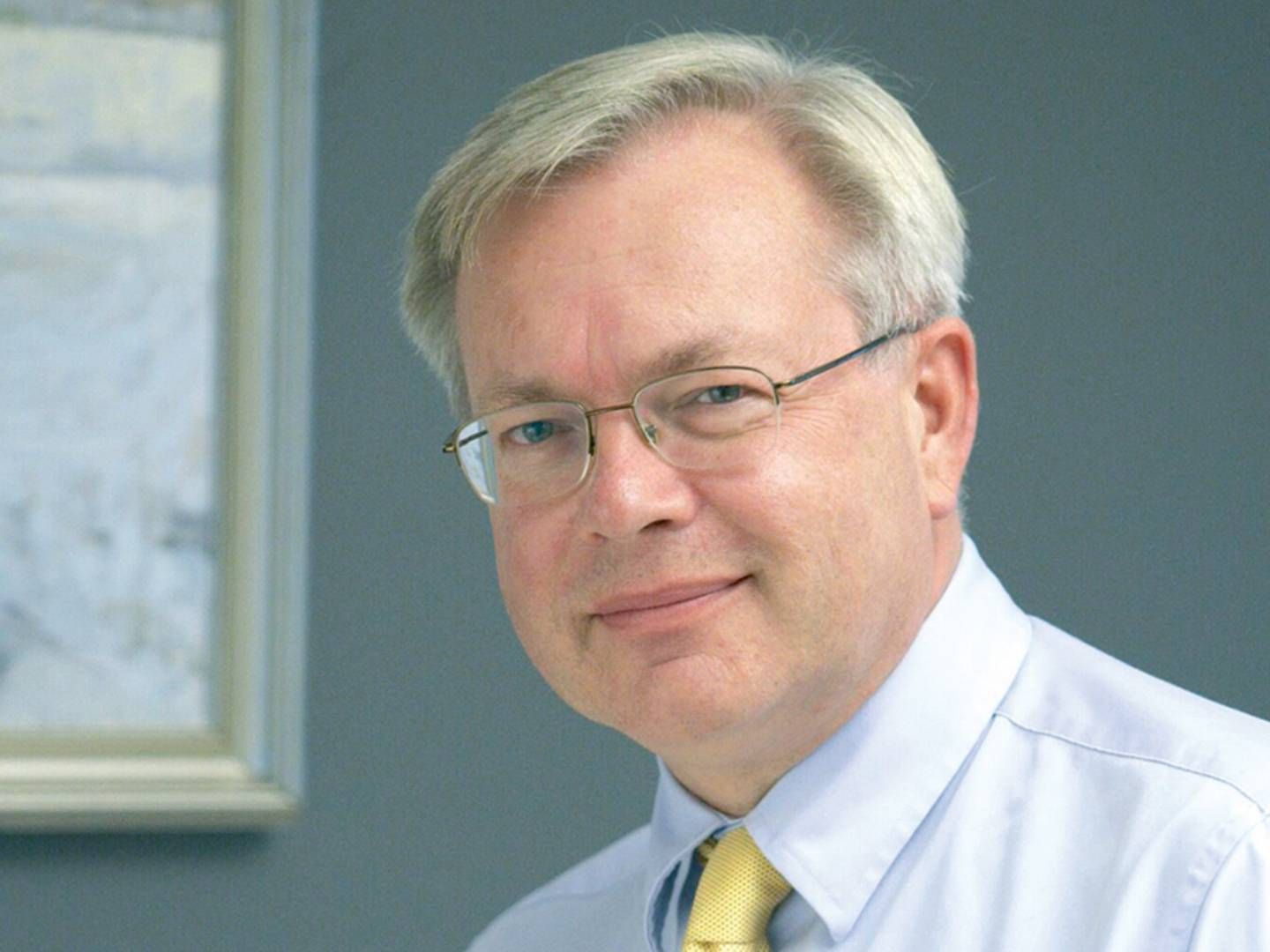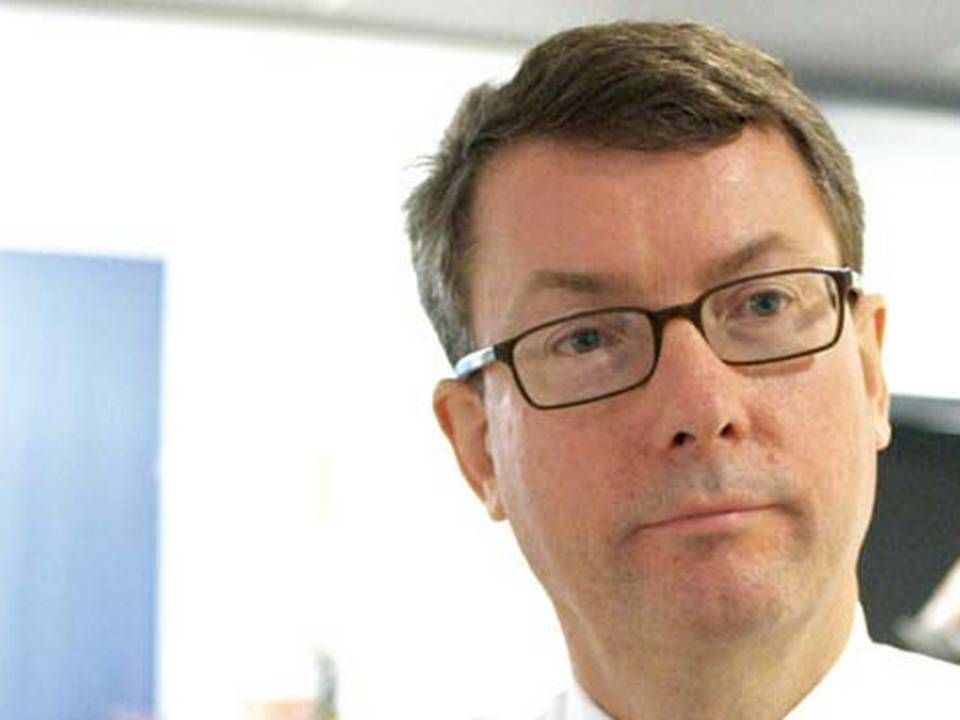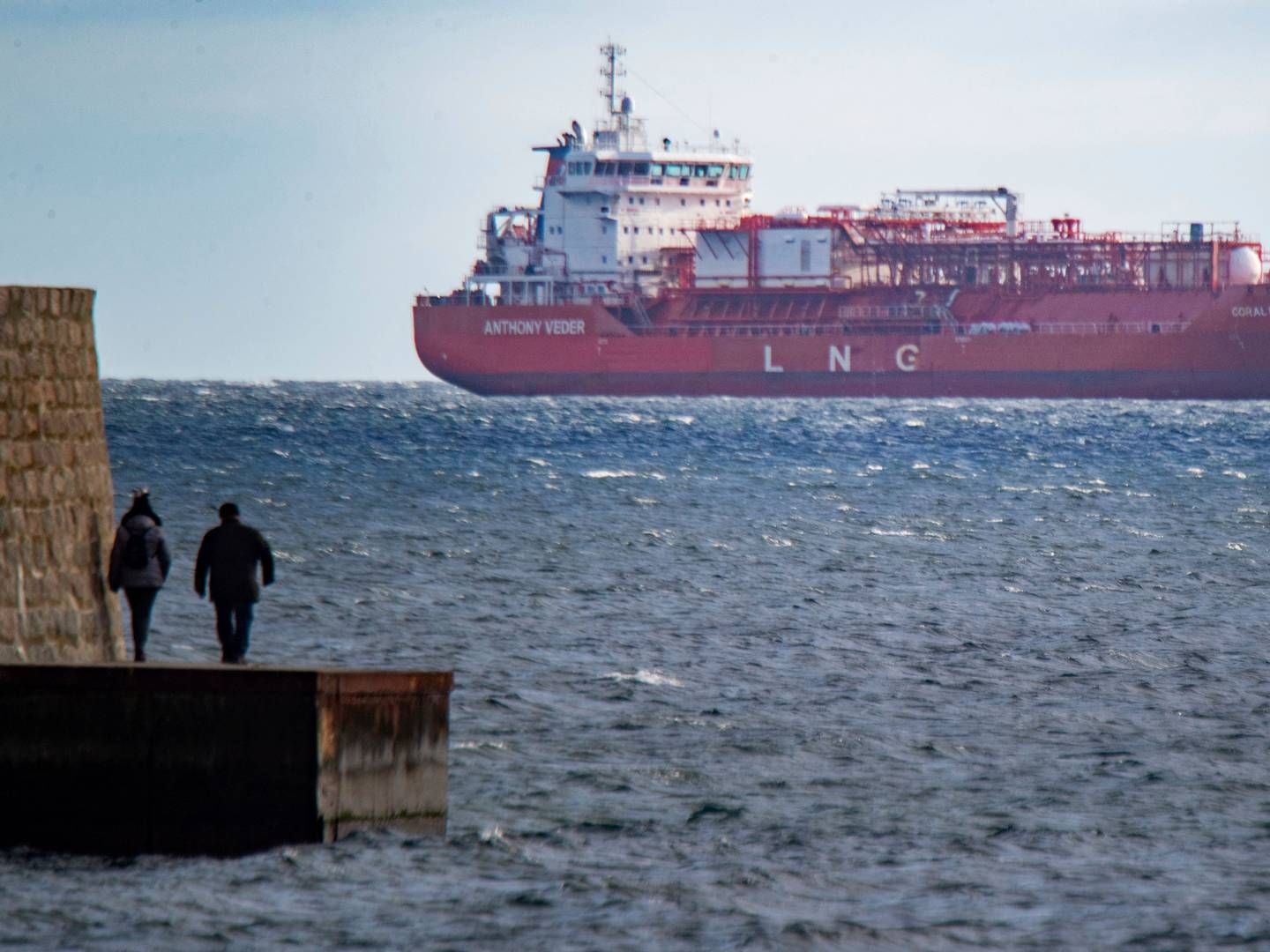Alfa Laval believes in eco market in spite of slow IMO process
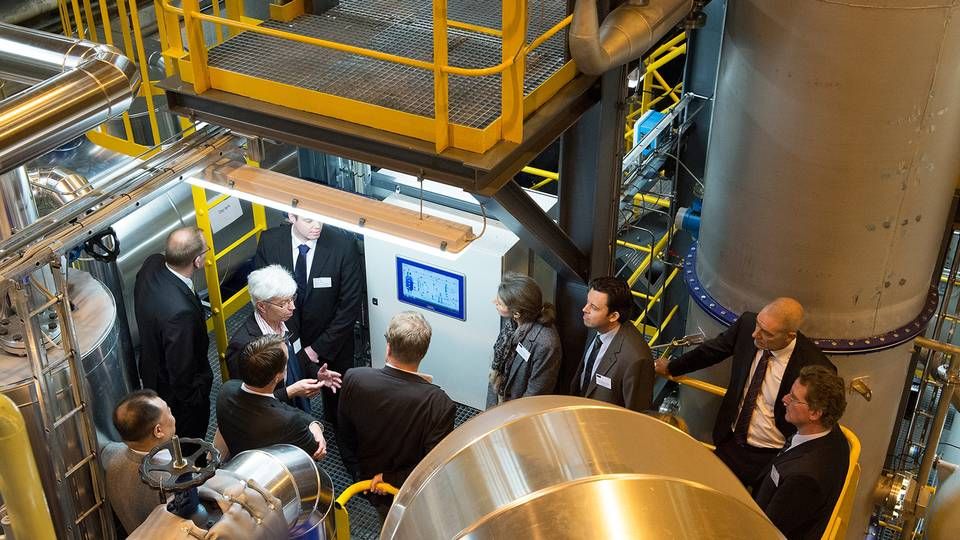
The market for scrubbers is lifting, says supplier Alfa Laval, as the company feels a change taking place in the carriers' approach to the sulphur regulation, one of the many environmental requirements set to come into force in Northern Europe and the United States from 2015.
The shipping companies have spent a long time waiting to see how the situation developed, and last year the carriers found themselves in a state of denial, as René Diks, head of sales for Alfa Laval's scrubber systems, puts it. But the situation is different today in terms of Alfa Laval's scrubber systems, designed to clean sulphur from the ships' emissions.
"The carriers have now entered the acceptance phase, and we're in contact with several of them who are looking to find out whether this system works for them. We've sold a total of 25 scrubbers for 20 ships," he says.
18 of the 20 systems are for existing ships, while two will be installed on newbuildings. René Diks describes this as satisfactory, and he adds that the market will open up even more during the years to come, not least due to the implementation of the ECA zones in the North Sea, the Baltic Sea, and the English Channel in 2015. He does admit that the systems represent a large investment for the carriers, several of whom are currently not sufficiently padded financially to supply the necessary capital.
As many as 2,000 scrubbers
A scrubber costs between one and four million euros, depending on the type of ship, and DFDS along with Ducth Spliethoff represent the supplier's two biggest customers. DFDS will install scrubbers on eight ships in 2014, an investment of around USD 55 million, according statements by CEO Niels Smedegaard.
"It's an expensive investment, but we can see that it's a solid investment for ships that spend at least 40 percent of their time in ECA, because Marine Gas Oil is so incredibly more expensive," says René Diks, explaining that Alfa Laval during the last three years has performed more than 500 scrubber specifications for carriers, and has been on board 100 ships.
According to Alfa Laval's estimates between 1,000 and 2,000 over the next five years, from 2014 to late 2018, will need to install scrubbers. These estimates cover ECA zones in Northern Europe and the United States, representing a massive market potential, says René Diks.
Even though the market for scrubbers seems to be picking up speed, there is no doubt that the markets for the various environmental solutions, from the perspective of many suppliers, has gotten off to a later start than expected. But regardless of when it happens, the profits will come, says Alfa Laval, which acquired Aalborg Boilers in 2011. In addition to scrubbers the company produces ballast water cleaning systems and systems aimed at reducing the NOx emissions from ships.
Waiting for ballast water decision
The ballast water systems also hold a significant potential, though this has become somewhat delayed in light of the convention that has yet to come into force. IMO's member states attempted to remedy this when, in December, they passed a resolution to the convention, pushing the equipment installation deadline for certain ships, with an expectation that this will help make the convention come into force within the coming year.
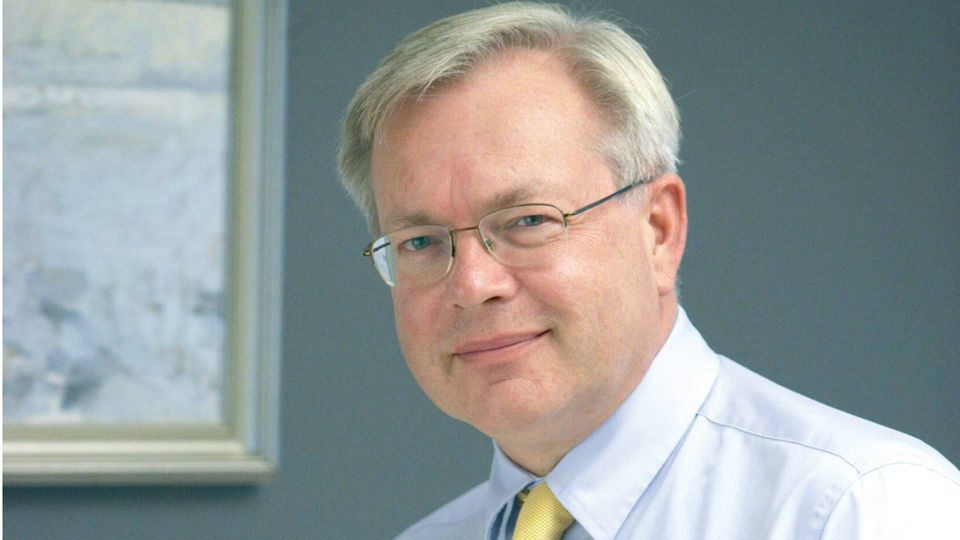
(Peter Leifland, President for Marine & Diesel Division, Photo: Alfa Laval)
With this resolution Alfa Laval hopes that the biggest obstacles for the ballast water market have been cleared away. According Peter Leifland, President of the company's Marine & Diesel Division, if the convention comes into force it would open the door to a market with 35,000 ships over the next ten years. Ships that will all need to install ballast water systems.
"This increases the chances of the convention coming into force. We're continuously investing in this field, and we're confident that the convention will be implemented," he says.
Since 2006, when Alfa Laval launched its first ballast water management system, the company has sold 550 systems. The latest version, Pure Ballast System, is the third in line.
NOx uncertainty
Ballast water is not the only area in environmental legislation that is fraught with uncertainties about when the regulations will come into effect, and which is surrounded by major disagreement among the IMO member states. The NOx regulation, which is set to come into force in 2016 according to the current schedule, is also plagued by disputes. Russia and several other countries want to postpone the implementation date, a matter that will be decided on the next meeting of the IMO's Marine Environment Protection Committee (MEPC) in March. Alfa Laval follows this process closely, says Kristina Effler, Business Manager, NOx.
"We're looking forward to hearing the result of the meeting in March, it's fairly important to us. We're in close contact with MAN and the Swedish Transportation Authority, and when we talk to people in the industry, that talk points to a postponement. But in that case the United States will likely still implement it by 2016," she says.
As such, a potential postponement will not impact the company's venture in the field.
"We'll keep developing this technology, to have it ready by the regulations come into force. Volumes will of course not be as big as we originally expected, but we're still working on it."
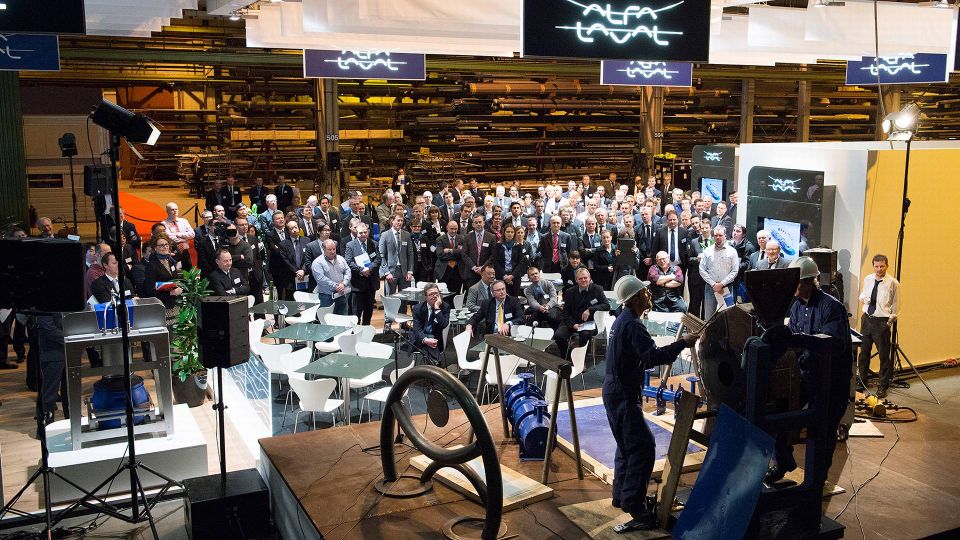
Now testing in Aalborg
Alfa Laval has recently opened a new testing facility in Aalborg, Denmark, to ensure that the various environmental technologies can reach the market faster, with a particular focus on scrubber technology. Peter Leifland, President of the company's Marine & Diesel Division, declines to comment on how much the company has invested in developing the various technologies over the years, nor does he wish to comment on the size of investments in the coming year. However, he does explain that the Alfa Laval Group spends around 2.5 percent of its revenue on R&D (Research & Development) every year. In 2012 Alfa Laval's R&D investments came to USD 109 million. The fact that carriers have hesitated to start investing in environmental solutions has not been a problem, he says:
"Every investment decision brings uncertainties. We're investing to solve our customers' problems, and we believe that there will be a need for these investments. But there are uncertainties about the actual dates and volumes."
Alfa Laval: DFDS scrubber decision important
Alfa Laval sees decline in second quarter turnover
Related articles
Alfa Laval: DFDS scrubber decision important
For subscribers
Alfa Laval sees decline in second quarter turnover
For subscribers

